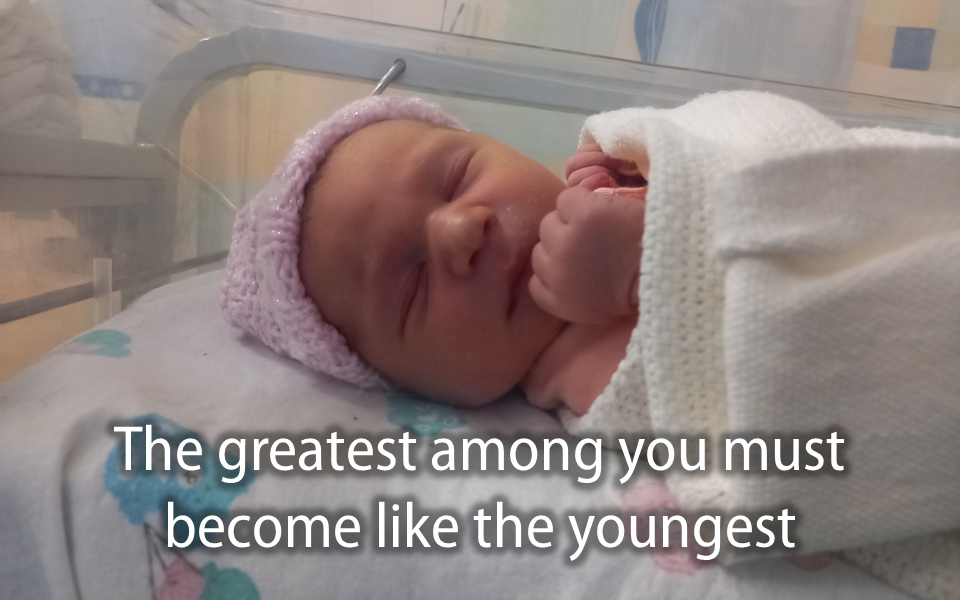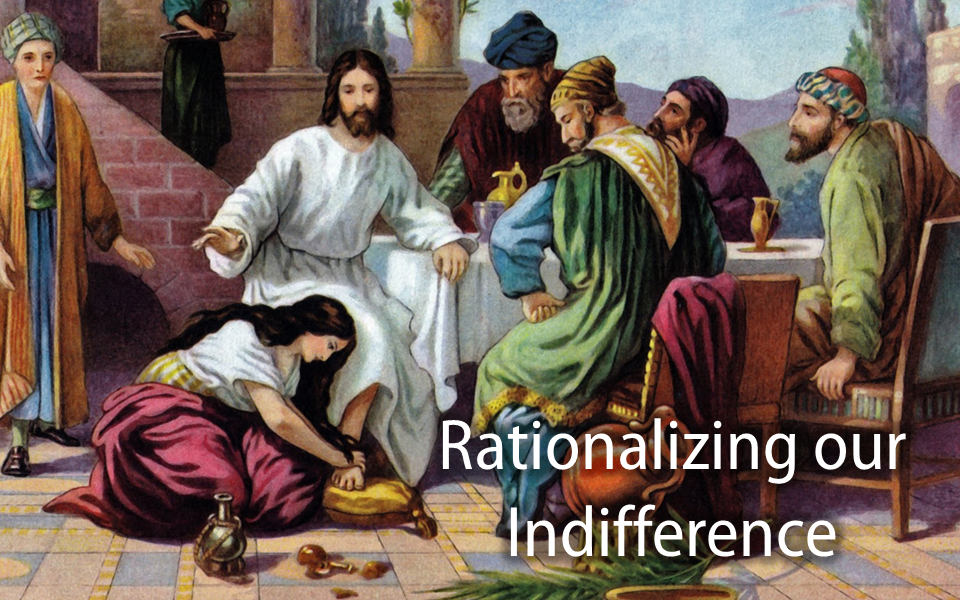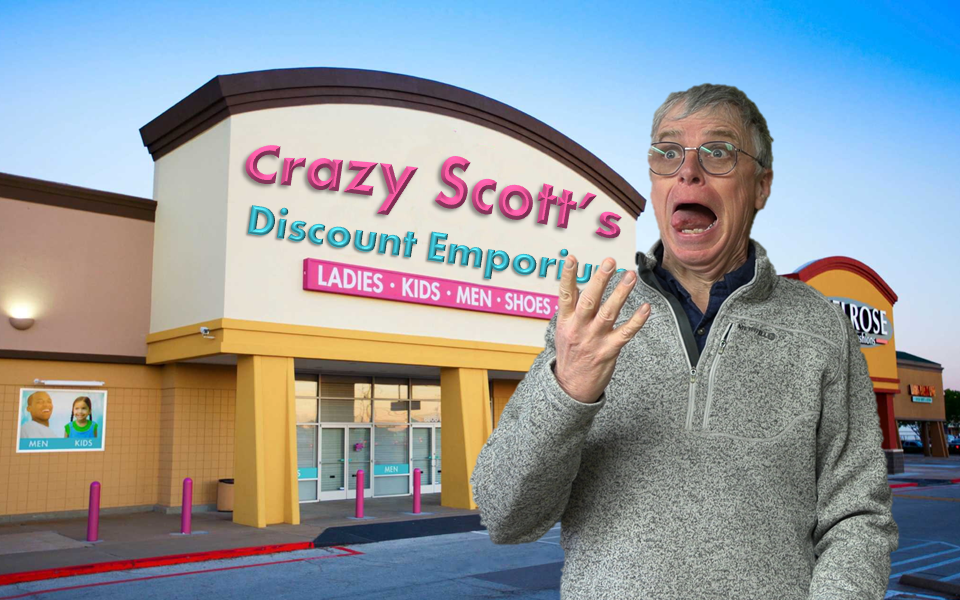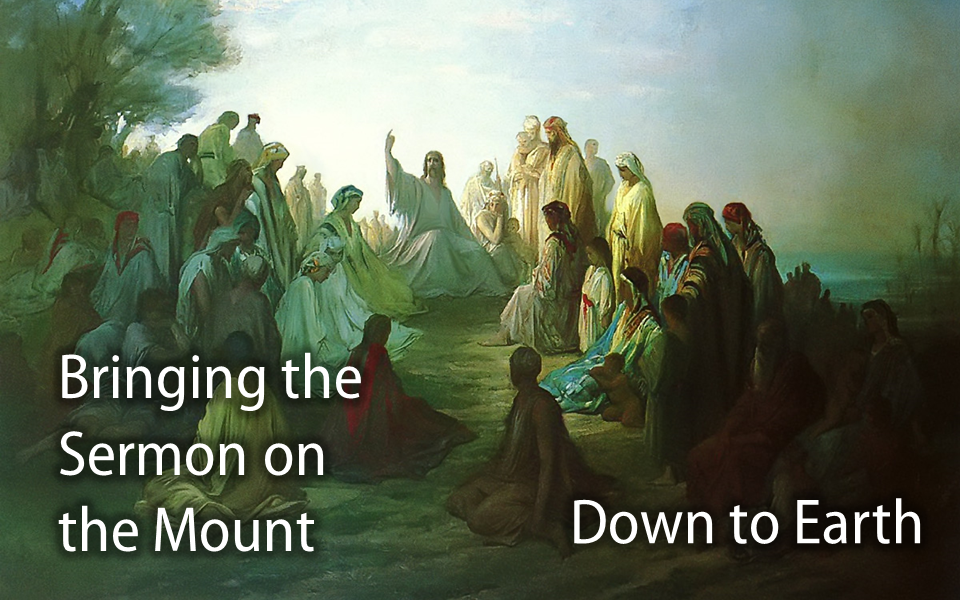Hespeler, 10 April 2022 © Scott McAndless – Passion Sunday, Baptism
Isaiah 50:4-9, Psalm 118:1-2, 19-29, Philippians 2:5-11, Luke 22:14-30
Nicole and Charles, I just have to begin this morning by thanking you for sharing such an important event in the life of your family with us today. It really means a lot to me and to us that you should have invited us into this very meaningful moment. And yet, while I greatly appreciate you, I cannot help but acknowledge that you have given me an enormous challenge today precisely because you’ve given us such a wonderful opportunity to celebrate a joyful event.
The Season of Lent
Here is my problem. Normally, in the church, we are only too happy to focus on the positive and promising things of life. But today is the final Sunday in the season of Lent. And Lent is a bit of a different time for the church. It is still a joyful time of the year, but it is also a season when we do feel it’s important to dwell on the simple reality that there is a lot of darkness and discouragement in the world too.
For how can we be a truly joyful people if we do not come to terms with some of the very real struggles that people have in this world? And so, during this season, we do turn towards difficult questions like what do we do about violence and poverty and hatred. How do we deal with the challenges of living with everything that life can throw at us?
A Difficult Season
And, yes, during this Lenten season we have really embraced that struggle because the situation kind of demanded it. As we entered into the third year of a global pandemic, as Canadians became more sharply divided over questions about how to deal with it and as we dealt with the reality of war in Ukraine and a less peaceful, more chaotic world, we acknowledged those realities. We have symbolized the growing darkness of this world each week by extinguishing a candle each Sunday.
In many ways, this Sunday is meant to be the moment when the darkness feels the greatest. The tradition in the church has long been to read the entire account of the suffering and the death of Jesus from one of the Gospels. I mean, how dark is the world when an innocent man is being tortured to death? And somehow, I need to find a way to connect all of that to the joyful and lovely celebration of Charlotte’s new life that we have just had.
Plans Go Astray
Let me be clear, Nichole and Charles, that I do not blame you for the timing. I know that you didn’t plan it this way. In fact, you tried to make it happen earlier in the year or even tried to make it work last week. But guess what happened to all of those plans. That same thing happened to those plans that have happened to a whole lot of plans over the last couple of years. Covid happened, together with all of the restrictions, guidelines and limitations that it brought. A whole lot of us have thrown out a lot of plans over the last couple of years, haven’t we?
But despite all of that, I am so glad that we got to do this today. I’m convinced that, even though we didn’t exactly plan it to work out this way, that God did. I’m pretty sure that God has a message for us that speaks to us right at this moment.
A Dark Moment
In our reading this morning from the Gospel of Luke, Jesus and his disciples have come to a pretty dark moment. They have come together to celebrate the Jewish Passover, which should be a moment of celebration, but it doesn’t particularly feel like one.
Ever since they came down to Jerusalem for the festival, tensions have been extremely high. The disciples are not complete idiots. They have seen just how much trouble Jesus has been getting into. They understand that he has made a number of very powerful enemies in the city. It is really looking as if this whole story is going to end very badly – maybe even on a cross. And then Jesus takes the bread and starts talking about how his body is going to be broken and then he takes the wine and talks about his blood being poured out. I don’t know about you, but this is not sounding to me like a light and happy celebration.
A Stressful Time
So, I do feel as if the disciples are in the place where we all are at the end of this season of Lent. The stress of the situation is getting to us. We are exhausted by the experience of a pandemic that just doesn’t want to end. We are frustrated by the limitations and strictures that we’ve all been putting up with for way too long. We are frightened and angry with Vladimir Putin and his decision to victimize the people of Ukraine and take the whole world to the brink of disaster. Add to that some inflation, a housing crisis and various other economic factors and you have a perfect storm. I know that some people might not want to admit it, but the simple truth is that all of this is stressing us out and we’re understandably not really handling it all that well.
And so, what do human beings do when things get that stressful? It is actually perfectly predictable. In the initial phases, as we saw at the beginning of the pandemic, people will pull together and support one another. But as the situation goes on and on, we get into another reaction. We start to turn on each other. We saw that happen during this Lent here in Canada – we literally saw it on the streets of our capital city in the supporters and opponents of the trucker convoy. That is just a very concrete example of what’s been happening in many places in our society most recently. We are cracking up under stress.
Turning on Each Other
That’s exactly what happens to the disciples too. With that whole world turning against them, instead of supporting each other, they start fighting. “A dispute also arose among them as to which one of them was to be regarded as the greatest.” And isn’t that just typical? They don’t want to face up to the people who are actually trying to kill them and so they start making enemies of each other. What’s more, they specifically start fighting over which one of them is most important, which one gets to have his way. This is so on the nose about where we are as a society right now that it is kind of scary.
Jesus’ Response
So when Jesus – who, don’t forget, is the actual target of this entire dangerous situation – responds to what the disciples are doing, I think we ought to pay very close attention. Since they are arguing over questions of leadership, he reminds them that he came to model a very different kind of leadership than what they seem to be imagining “‘The kings of the Gentiles lord it over them; and those in authority over them are called benefactors,” he says. “But not so with you; rather the greatest among you must become like the youngest, and the leader like one who serves.”
True Leadership
He is saying, first of all, that true leadership is not what the world generally assumes it is. The world assumes that it is all about power and dominance. But I suspect that Jesus is saying that that is not a reflection of true strength but rather of a deep weakness and insecurity on the part of a leader. We certainly see that on display in the world right now as everything that Russian President Vladimir Putin does to cow the world with displays of power and force only seem to convince the world of what a poor leader he really is.
But I am particularly interested today in what Jesus has to say about greatness. It is, I think, the more important issue given the challenges we are facing. I really do think that many of the failures of leadership that we have seen in the last couple of years (and I don’t think I need to convince you that there have been many, many such failures) have all come down to various leaders trying to convince themselves and the world that they matter – that they are great.
True Greatness
So what does Jesus teach us about greatness? “The greatest among you must become like the youngest.” And this is what I love about Jesus’ teaching. He doesn’t just offer a definition or explanation of greatness – he shows us something. He promises us that if we look closely at the youngest among us and seek to be like them, we will find greatness.

That is why I am so convinced that Jesus has sent Charlotte as a prophet to us today. There is no question that she is the youngest among us. What’s more, she comes among us at a moment when we have not seen a lot of young people in the sanctuary for quite a while. Jesus sent her to us to teach us about true greatness.
How We Got Here
In order to catch that lesson, we need to perhaps step back and look at the bigger picture of what brought her here. It started with a passion for excellence. Nicole, her mother, had a passion for highland dance. She wanted to be one of the best and to be able to represent her country of Canada. That dream took her to the Royal Edinburgh Military Tattoo where she danced in celebration of the Queen’s ninetieth birthday.
Meanwhile in the United Kingdom, Charles was pursuing excellence in his own ways – including by serving his country in the military. His distinguished service led to the prestigious position of serving in the Queen’s Guard at the Royal Edinburgh Military Tattoo in honour of the Queen’s ninetieth birthday.
Was it just random chance that took both of them to that same place and time as they both achieved great personal accomplishments? Some would say so. But I say that God was planning to bring Charlotte here to teach us all something about true greatness. All of a sudden, their pursuit of personal excellence was transformed into a brand-new challenge – a harder one in some ways – building something in partnership.
Parents’ Hopes
I asked Nichole and Charles to share with us today what their hopes and dreams are for their little girl at this moment in time and this is what Nichole wrote to me:
“As parents, our hopes and dreams for Charlotte is for her to live a full, content and happy life. We hope she discovers her passions and hobbies and may they present her with many opportunities. We hope that she has the courage, determination and confidence to always choose the right path. We hope that she is resilient throughout all of life’s ups and downs, stays true to herself and that she shines bright wherever she goes.”
In some ways, I know, that is similar to what many parents might say, but I think you’ll agree with me when I say that those words take on special meaning when you know a little bit about the people who are saying it. You just know that they are going to let her have her own personal passions and will do it with an expectation that something very special (and perhaps surprising and unexpected) will also happen as a result of that.
Charlotte’s Message to us
So, what, then, is Charlotte teaching us about greatness today? Well, she comes among us today in great weakness. At this point in her life she is entirely dependent on others. I think she is telling us something about the true strength that is found in vulnerability.
But she also comes to us as a huge bundle of possibility. As her parents have pointed out, she could grow up to do anything. And as she comes terms with who she is and what her particular passions and talents are, it may lead to some big surprises (just like a chance encounter in Edinburgh led to big changes) but can also bring great new things into the world.
The darkness of these present times can be overwhelming – so much so that they begin to mess up our relationships. Only true leadership and greatness can lead us out of that kind of darkness. We affirm today that Jesus came to offer us that leadership and that kind of greatness. Charlotte, too, has come today to demonstrate that kind of leadership and greatness – a symbol of hope and new possibility during the challenges of a difficult time.








